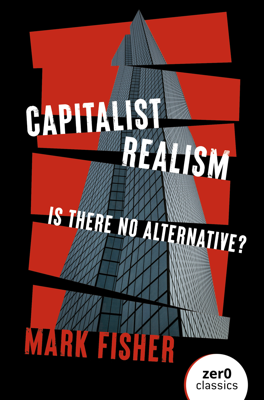Summary
In "Capitalist Realism," Fisher introduces the idea that we are so entrenched in capitalist ideology that alternative systems seem unfeasible. He uses popular media, including films like "Children of Men" and "Wall-E," to exemplify how culture portrays dystopian futures and anti-capitalist sentiments without challenging the status quo, a phenomenon he terms as "interpassivity." The narrative extends to how cultural artifacts are commodified, stripping them of inherent value, thus perpetuating a sterile cultural landscape devoid of originality or revolutionary potential.
Fisher critiques the complicity of anti-capitalist movements and consumer-based initiatives like Bono's Product Red, which paradoxically reinforce the capitalist framework they purportedly oppose. He highlights the role of psychological manipulation and memory distortion, which sustain capitalist dominance by making its contradictions and instabilities seem natural and inevitable.
Education and bureaucratic functions under capitalism also undergo scrutiny. Neoliberal reforms have morphed the educational system into a target-driven market rather than a site of learning, reducing bureaucratic effectiveness to mere data and paperwork-driven metrics, an aspect Fisher likens to "market Stalinism."
Ultimately, Fisher calls for a radical political reimagining that goes beyond traditional labor discussions to creatively address the unique discontents of the contemporary capitalist society. Through a clear-eyed critique of entrenched capitalist norms and an exploration of their psychological and cultural impacts, "Capitalist Realism" challenges us to reckon with our complicity and to envision pragmatic alternatives to the capitalist regime.
Per-chapter summary
- It’s Easier to Imagine the End of the World Than the End of Capitalism
- What if You Held a Protest and Everyone Came?
- Capitalism and the Real
- Reflexive Impotence, Immobilization and Liberal Communism
- October 6, 1979: ‘Don’t Let Yourself Get Attached to Anything’
- All That Is Solid Melts Into PR: Market Stalinism and Bureaucratic Anti-Production
- ‘…if You Can Watch the Overlap of One Reality With Another’: Capitalist Realism as Dreamwork and Memory Disorder
- ‘There’s No Central Exchange’
- Marxist Supernanny
